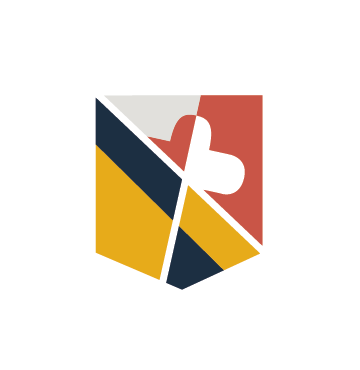Cliff Kendall, Advisory Board Member for the William E. Kirwan Center for Academic Innovation, Dies at 86
Clifford M. Kendall, former long-time Chair of the University System of Maryland (USM) Board of Regents and Advisory Board member for the Kirwan Center, passed away on March 28, 2018.
Kendall’s impact on higher education in Maryland is well known. He dedicated countless hours of service to both the USM Board of Regents and the USM Foundation, and his incredible generosity to his alma mater, the University of Maryland, College Park, and to the Universities at Shady Grove has impacted the lives of countless students.








